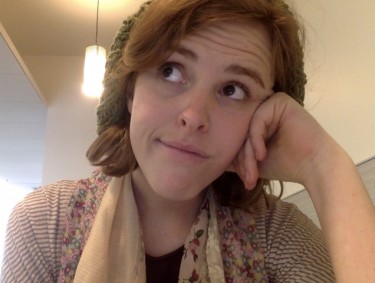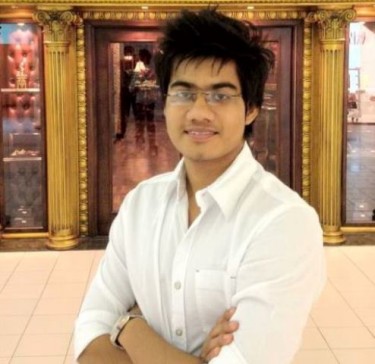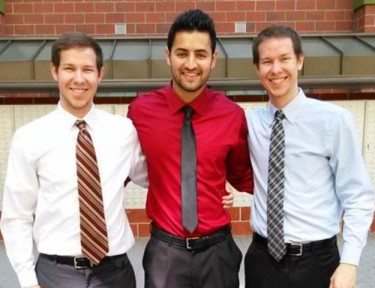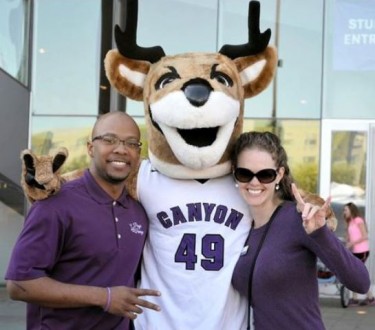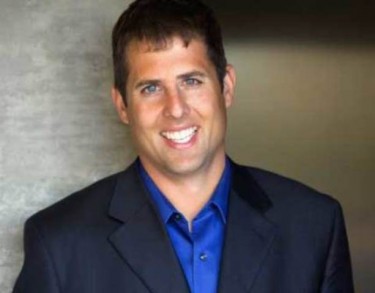By Rick Vacek
GCU News Bureau
The five finalists in the Canyon Challenge have even more reasons to do their best in the fourth annual entrepreneurial competition March 24 at Grand Canyon University Arena — 3,000 of them, in fact.
Tim Kelley, assistant professor of entrepreneurship and economics in the Colangelo College of Business and the organizer of the event, announced this week that a new wrinkle has been added: An extra $3,000 will be awarded to the winner of voting that will be done by text among the people in attendance. That could be an entirely different result from the decision of the five judges:
- Brian Mueller, GCU president/CEO
- Jerry Colangelo, Phoenix sports business icon for whom the GCU college is named
- Sandra Watson, president/CEO, Arizona Commerce Authority
- Sheldon Harris, CEO, CEO Coaching International
- Lauren Bailey, cofounder, Upward Projects
The judges will award $7,000 for first place, $2,000 for second and $1,000 for third to the entrepreneurial businesses they deem most viable. The extra $3,000 was donated by the event’s sponsors: CopperPoint Mutual, LaneTarralever, National Bank of Arizona, Wells Fargo, Federated Mutual Insurance, Barnes Investment Advisory and Well Kept Wallet.
There were 79 entries this year from students, prospective students and employees. The field was narrowed to 10 and now five, and all five finalists are mission-driven. Here they are in alphabetical order:
Eddie Bear
Sophomore Victoria Saunders is in the College of Nursing and Health Care Professions for a simple reason: “We’re helping people.”
Her goal is to help the littlest people.
Saunders started Eddie Bear because she saw the need for an educational tool that would help sick children better understand the process of some medical procedures.
“These little kids have absolutely no idea what’s happening to them, and that’s the scariest thing in the world,” she said, noting that it may be difficult for parents to share the information with their children.
Eddie is the main character in what Saunders hopes will become a collection of storybooks sold in bookstores and hospital gift shops and online. The Fullerton, Calif., native has produced one book, on tonsillitis, and hopes to do many more if she can obtain funding.
EpiFinder
Robert Yao was a student at Rush Medical College in Chicago when a sudden illness left him weak and in constant pain. Frustrated with his doctors’ inability to figure out what was wrong with him during a three-year ordeal, Yao developed an algorithm to help diagnose rare medical conditions using the latest evidence-based biological and medical research.
Thus was born EpiFinder. The company’s GCU connection is its business development officer, Harsh Patel, a CCOB senior majoring in applied management.
One disease, in particular, that EpiFinder is designed to help doctors diagnose is epilepsy, which the Epilepsy Foundation says is the fourth most common neurological problem behind migraine, stroke and Alzheimer’s.
According to the foundation’s website, there are 150,000 new incidences of epilepsy annually in the United States, and between 1.3 million and 2.8 million people are afflicted with the disease.
“It’s really hard to diagnose,” Patel said. “It can be cured, but until it is you can’t even get a driver’s license.”
Joblyt
It’s not unusual for entrepreneurs to get ideas from seeing what other startups are doing, and that’s how Joblyt came to be. Ahmad Saleem was fascinated by what Uber has accomplished in the local transportation business and realized that there were other applications for real-time, on-demand service.
Saleem and his partners, brothers Brian and Brad Scruggs, have created a business that works three ways:
- Independent contractors who want to bring in a little extra money can use the application to find work. Example: Someone who has a full-time job can seek out temporary or even one-day gigs when time allows.
- Small businesses can pick up extra workers when the need arises. Example: Moving companies sometimes need extra help.
- Consumers can use it as a tool to connect with qualified professionals. Example: Someone’s child needs tutoring.
Salaam and the Scruggs brothers, all GCU graduates, are instructors’ assistants in the College of Science, Engineering and Technology.
Prayer Packages
Daniel Black, a senior majoring in entrepreneurial studies at GCU, and his wife, Tiffany, have created an online business that sells keepsake, customizable Christian gifts and services.
“What separates us is the customization aspect,” Tiffany said.
Prayer Packages already has considerable visibility — for example, the Blacks had a booth at the GCU Foundation Run to Fight Children’s Cancer — and also has pledged to donate 10 percent of its profits to charitable organizations.
The genesis of Prayer Packages came when three of Tiffany's coworkers lost loved ones in the space of a few weeks. Tiffany bought gifts for all three from a Christian bookstore and was stunned to see that they all still were wearing them or using them months later even though two were atheists.
Tiffany has left her marketing job to work on Prayer Packages full-time, and a passage in the business plan the Blacks submitted for the Canyon Challenge shows how she has her priorities in place: “My days are filled with God, belly laughs with my husband, a wiener dog’s loyalty and a cat’s sass, fun and adventurous times and the occasional thrift shopping with my mom. If that isn’t rich, I don’t know what is!”
SMART Neurotechnologies
Dr. John DenBoer said being a neuropsychologist is “a fancy way of saying I’m a psychologist who studies the brain.”
With dementia on the rise — experts estimate that more than 6 million Americans are afflicted by it, and that number is expected to double in the next 15 years, according to DenBoer — there’s a need for Strategic Memory Assessment and Rehabilitation Training (SMART).
The program was developed by DenBoer to help prevent the onset of the disease or delay its progression. DenBoer conducts neuropsychological assessment of GCU athletes and also does sports psychology, but his specialty is geriatric neuropsychology.
SMART differentiates itself from competitors by educating both patients and caregivers and also as a preventive measure. DenBoer compared SMART to Lumosity but said it is distinct from the “brain-training” website because it is a medical model dealing with one specific disease.
Winning the Canyon Challenge would be “huge,” DenBoer said, because “we have had to invest personal funds into research. This would allow us to do more research and hire an administrative assistant.”
Contact Rick Vacek at 602-639-8203 or [email protected].

